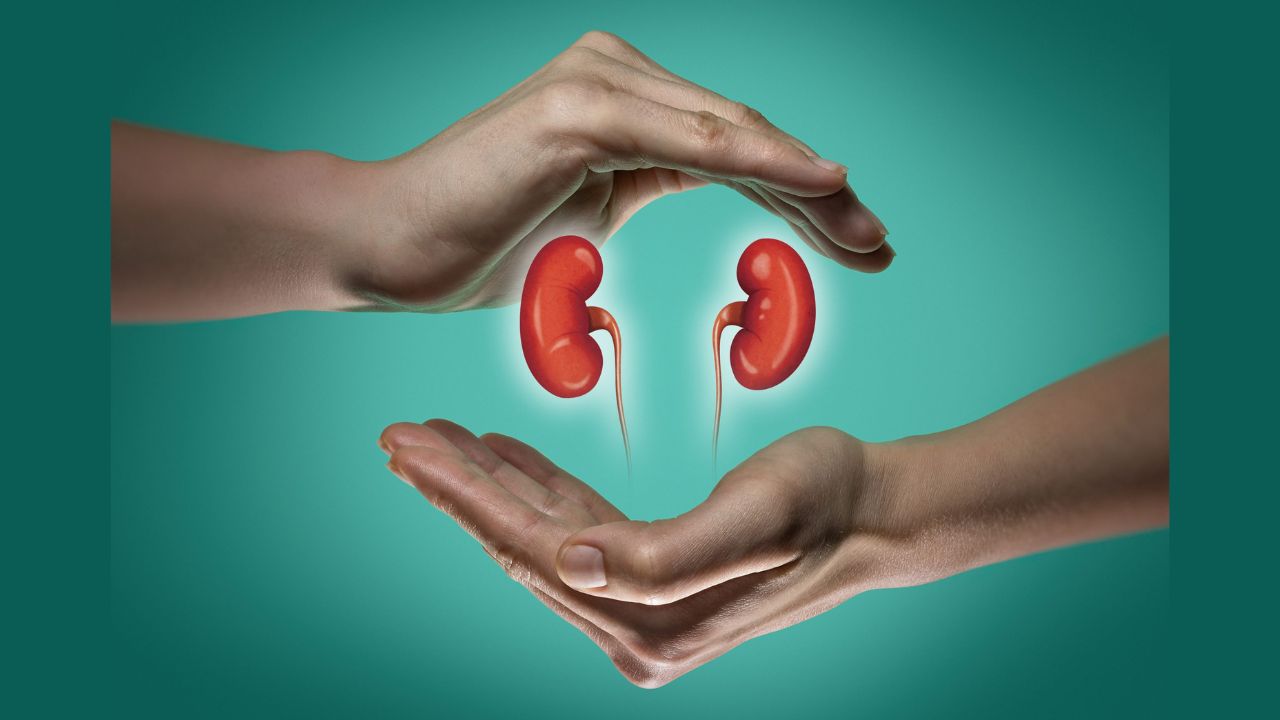The kidneys can be a “silent killer” since renal disease typically goes unnoticed for a longer period of time. However, regular and routine investigations can detect kidney disease early on and treat it before it affects the patient’s health. Diabetics, people who were born with low birth weight, people who have cardiovascular problems, high blood pressure, obesity, or people who have a family history of kidney disease are at the highest risk of developing kidney disease. As a result, these individuals should have their kidneys routinely tested as they may be at risk.
Following kidney transplant surgery, some dos and don’ts include:
Dos:
• Drink plenty of water. 3 to 5 litres of fluid intake are advised during the first several days following transplantation.
• As directed by your doctor, take immunosuppressive treatments (anti-rejection medications) at the right dose and timing. Keep alerts or reminders in your phone so you won’t forget to take your medication.
• When going outside, put on a surgical mask and drink boiled and cooled water.
• Bring in freshly made meals from home. If you’re not a vegetarian, make sure to fully prepare the meat and fish before eating.
• Engage in consistent activity for 30 to 45 minutes each day, at least five days a week (total of 150 minutes in a week). You can think of brisk walking, running, cycling, and swimming.
• If the clinical condition is stable three months following the transplantation procedure, you can return to work.
• It’s crucial to follow up with the doctor as recommended on a regular basis. You might need to go to the doctor twice a week in the beginning, but over time, that frequency will decrease.
• After the transplant, you have a noticeable increase in hunger. Due to the medications used, there is a risk of weight gain, diabetes, and excessive cholesterol following kidney transplantation. Maintaining a healthy diet is crucial. Consume foods that are high in lean meats, poultry, fish, whole grains, fruits, vegetables, and fiber. Limit your intake of salt, fatty fats, and high-carbohydrate foods.
• If a family member becomes unwell with a fever, cold, or cough, isolate yourself until the illness passes.
Don’ts:
• For at least a month following kidney transplant surgery, refrain from lifting heavy objects.
• Avoid skipping anti-rejection medication without consulting your doctor. Rejection may result from failure to take prescribed medication. Please take a tablet as soon as you remember if you miss a dosage.
• Steer clear of NSAIDs, as well as other nephrotoxic drugs (medicines which can damage the kidneys). Before taking any new medication, make sure to consult a nephrologist.
• Steer clear of grapefruits and their juices. Steer clear of pomegranate juice. These two fruits will both affect the anti-rejection medication.
• The anti-rejection therapy can interact with several antibiotics as well. Before using it, get the treating nephrologist’s opinion.
Avoid eating undercooked meat. Avoid ingesting meals from the outside or receiving food deliveries from the outside.
• Steer clear of crowded areas including malls, places of worship, and family gatherings. Use caution when utilizing the public transportation system, especially in the beginning.
• Limit visitors during the first several days following surgery to reduce the risk of infection. In our nation, it is customary for friends, family members, and neighbors to make a person a courtesy visit following any serious sickness. That needs to be avoided at all costs.
• Immunosuppressive drugs are administered to stop the transplanted organ from being rejected. A missed dose may result in rejection. Additionally, these medications weaken your body’s defenses against infection, increasing your risk of getting sick. It is crucial to strictly follow infection control procedures. The success of transplanting depends on striking the correct balance between these two elements.

 हिंदी
हिंदी






